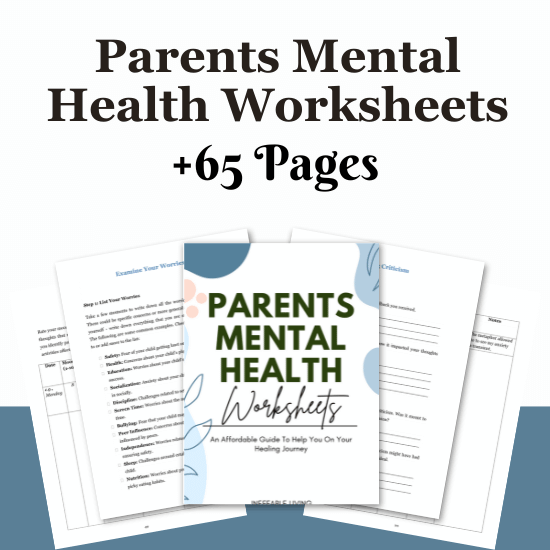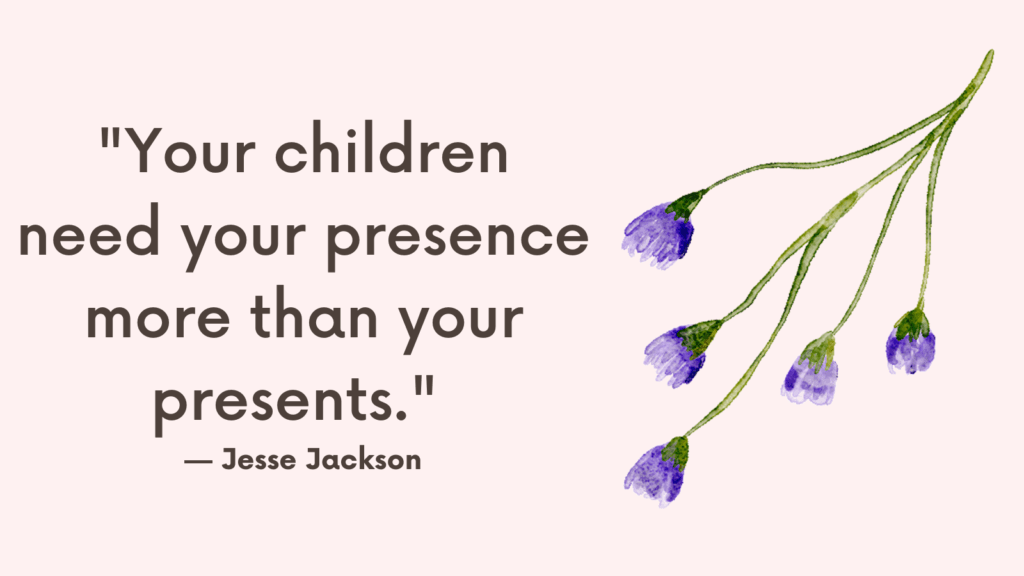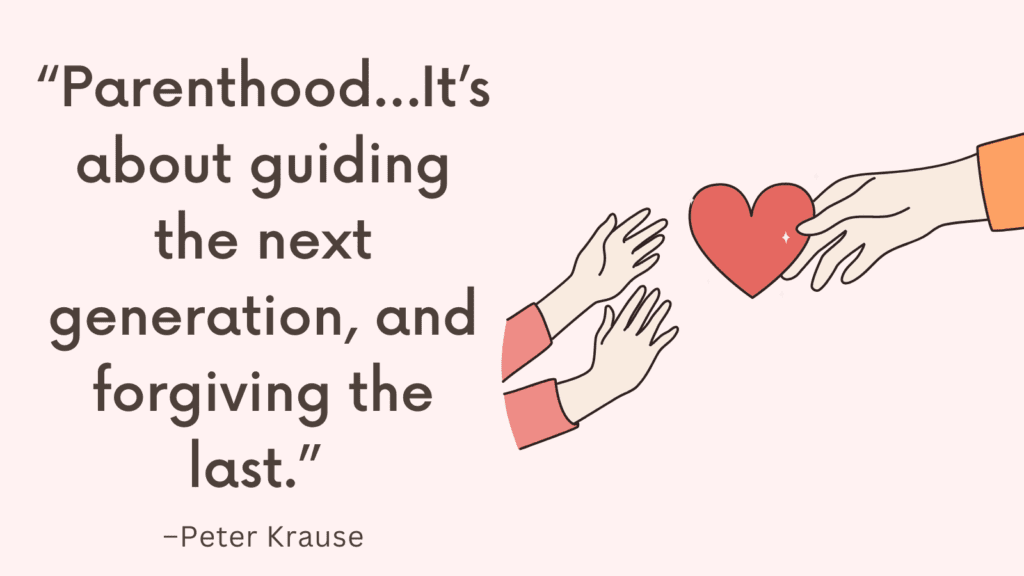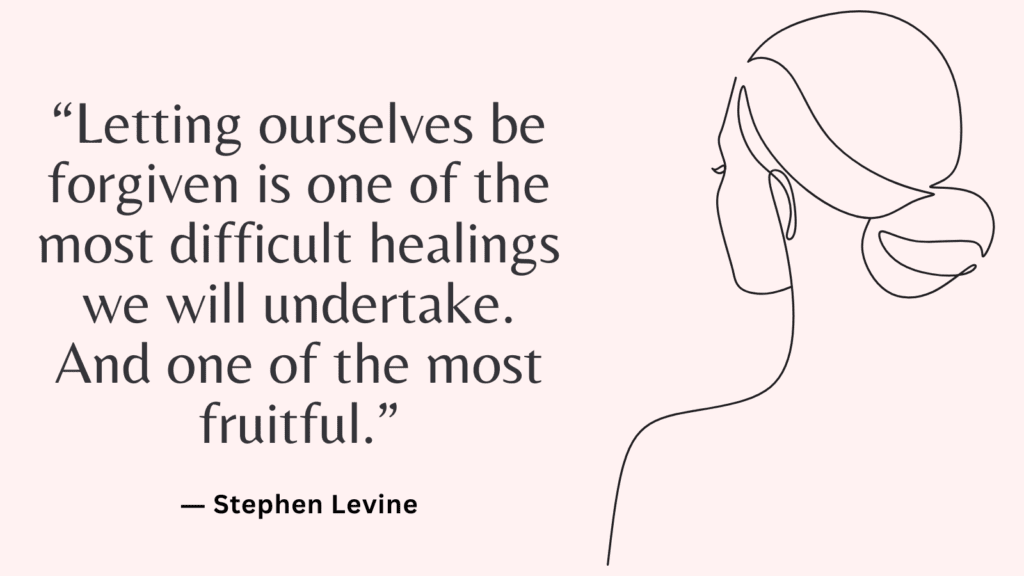Not everyone feels an instant bond with motherhood.
For many, the early days are filled with exhaustion, confusion, resentment, grief, and emotional distance — and when those feelings don’t match the idealized version of “what motherhood should be,” guilt rushes in.
You might think, “What’s wrong with me?” or “Why can’t I enjoy this like other moms?” But struggling doesn’t mean you’re failing — it means you’re adjusting to a profound life change that no one is fully prepared for.
Here’s how to work through mom guilt when motherhood doesn’t feel joyful — or even tolerable — in the way you expected.
Why Some Moms Don’t Love Motherhood — And That’s Okay
Not loving motherhood doesn’t mean you don’t love your child. Many moms feel a disconnect from the idealized version of motherhood and the reality they’re living. Contributing causes include:
- Loss of personal identity and independence
- Chronic exhaustion and lack of sleep
- Unmet expectations about what motherhood would feel like
- Difficult birth or breastfeeding experiences
- Mental health challenges, such as postpartum depression or anxiety
You’re not broken. You’re just in a space that’s harder than anyone admits out loud.
Root Causes of Mom Guilt
Mom guilt is often triggered by a gap between your lived experience and what you think you “should” be feeling. This guilt is intensified by:
- Cultural messaging that says motherhood should feel magical
- Comparison culture, especially on social media
- Internalized pressure to be constantly selfless, joyful, and nurturing
- Judgment from others, whether direct or implied
- Feeling resentment over the physical and emotional toll, followed by guilt for feeling that way
This guilt thrives in silence, which is why naming it is the first step toward healing.
Related: “Parental Guilt”: How to Navigate Guilt as a Parent or Caregiver?
How to Deal With Mom Guilt When You’re Not Loving Motherhood?
1. Normalize the Discomfort — It Doesn’t Mean You’re a Bad Mom
Motherhood is romanticized, but the truth is: it’s messy, isolating, and relentless. It’s possible to love your child and still hate the demands of motherhood. That duality doesn’t make you cold — it makes you honest.
Say to yourself: “I’m allowed to struggle. My love for my child isn’t measured by how cheerful I am.”
2. Let Go of the Myth of Constant Fulfillment
You weren’t meant to enjoy every second. No one enjoys every second of anything — even things they love. What you’re experiencing is not unusual — it’s just rarely talked about.
Remember: Love and enjoyment are not the same. You can deeply love your child even if the day-to-day feels suffocating.
3. Identify the Source of Guilt
Ask yourself: What exactly am I feeling guilty about? Is it not feeling joyful? Not breastfeeding? Not wanting to hold the baby all day? When you name it, you can challenge it. Often, guilt is rooted in unrealistic cultural expectations — not in actual wrongdoing.
4. Redefine What Being a “Good Mom” Means to You
A good mom isn’t always smiling or selfless. A good mom is responsive, protective, and human. She messes up, takes breaks, loses her temper — and still shows up. Rewrite the standard you’re holding yourself to.
Try affirming: “Being emotionally honest is part of being a good mom.”
5. Talk to Other Moms Who Get It
Isolation makes guilt grow. Find other parents who can speak honestly about their experiences — online, in support groups, or among trusted friends. Hearing someone say, “Me too,” can take the shame out of your struggle.
6. Let Yourself Grieve the Life You Had
It’s okay to miss your freedom, your sleep, your identity, your time. Missing what you lost doesn’t mean you regret your baby — it means you’re navigating change. Grief is part of transition.
Give yourself permission to say: “This is hard, and I miss parts of who I used to be.”
7. Rest Without Earning It
Guilt often tells you that you have to be productive, perfect, or constantly available to deserve rest. But you don’t have to prove anything. You are allowed to pause. You’re allowed to have needs. You’re allowed to say “I need help.”
8. Speak to Yourself Like You’d Speak to a Friend
You wouldn’t shame a friend for feeling exhausted, overwhelmed, or emotionally flat. You’d offer compassion. Start doing the same for yourself.
Try this: When guilt rises, say: “I’m doing my best in something that’s incredibly hard. That is enough.”
Related: How to Cope with Depleted Mother Syndrome?
9. Consider Professional Support If the Guilt Won’t Go Away
If guilt turns into constant self-blame, intrusive thoughts, or deep sadness, you may be dealing with postpartum depression or anxiety. Therapy isn’t just for crises — it’s a space to unpack guilt, rebuild your sense of self, and breathe again.
10. Remember: You Are Still Becoming
You’re not supposed to have it all figured out. You’re still adjusting. Still learning. Still becoming the mother you’ll be. You’re allowed to be in process — and still be worthy of grace, support, and love.
Symptoms That Suggest Deeper Burnout
If guilt has become a daily experience, it may be a sign that your emotional reserves are depleted. Look for these signs of deeper emotional strain:
- Emotional numbness—you’re functioning but not feeling
- Persistent irritability or snapping over minor things
- Avoiding friends or family because you feel inadequate
- Constant self-criticism and second-guessing every choice
- Feeling like you’re failing, even when you’re doing your best
These are not personality flaws. They’re signs that you need care, not correction.
Related: I Hate Being A Mom! Is It Normal?

Conclusion
Motherhood doesn’t have to feel magical for it to be meaningful. If you’re struggling, you’re not broken — you’re human. Guilt thrives in silence, but it loosens its grip when you speak your truth. You don’t need to love every part of this to be doing it well. You’re allowed to be real. And that is more than enough.



